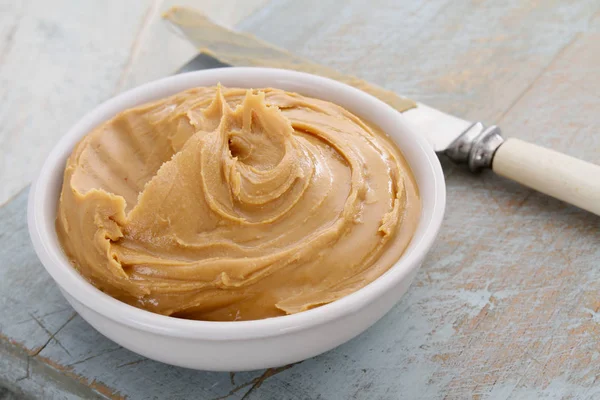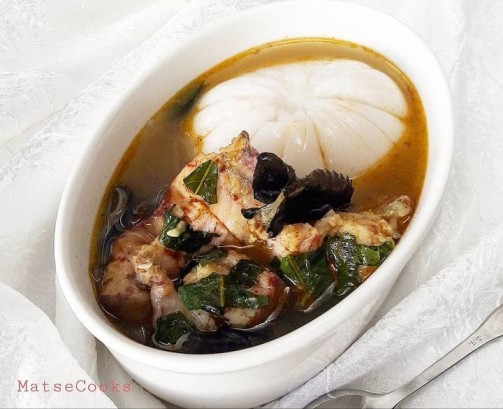Samosas are a popular snack and street food originating from the Indian subcontinent, eaten in many parts of the world. They are triangular-shaped, deep-fried or baked pastry filled with a spiced mixture of vegetables or meat.
In Nigeria, samosas are commonly enjoyed as a snack or appetizer. They may be filled with a variety of ingredients including potatoes, meat, cheese, or vegetables. Samosas are often sold by street vendors or at events and are also served in some restaurants.
Although many people view samosas as an unhealthy diet, it is not entirely unhealthy, as its vegetable content provides essential nutrients which are helpful to the body.
Samosa is a fried pastry stuffed with meat fillings, veggies, and spices. A small samosa averagely contains from 90 to 200 calories, saturated fat, and carbs. This entails that excess of it can be disadvantageous to the body.
However, samosa is healthier than the average junk at home. When compared to burgers, pizza, or bread, it is healthier.
Samosa is made of fresh ingredients, such as veggies, cumin, chilies, potatoes, chicken meat, beef fillings, peas, etc. These ingredients provide nutrients such as fiber, carbs, protein, potassium, sodium, and zinc.
Below are some of the potential health benefits of eating samosa:
1. Reduces disease risk
Vegetable samosas provide a lot of several vitamins and minerals, which are helpful for overall body functionality.
Increasing the amount of your vegetable intake can help to minimize your risks of chronic health conditions such as diabetes, high blood pressure, cancer, stroke, heart attack, stroke, kidney stones, and high cholesterol.
So you can make your samosa at home and fill it with all the vegetables you want. However, samosa should be eaten in moderation due to its high saturated fat content.
2. Improves digestive health
A veggie stuffed samosa provides a significant dose of dietary fiber, which helps to improve your digestive system. Also, it helps to control your appetite, which will reduce your food intake, as in turn helps to maintain weight,
3. The meat/chicken filling is a good source of protein
The meat or chicken filling in the samosa snacks helps to provide the body with protein, even if it is in a minimal portion. However, samosa cannot be classified as a good source of protein.

4. Provides the body with energy
Samosas are rich in carbohydrates, and carbohydrates are the body’s preferred energy source.
In addition, one samosa can contain up to 100 calories, which can give the body energy it needs.
5. Healthy light snack
When samosas are properly made with vegetables, it can serve as a healthy light snack for you.
Healthy light snacks can be consumed in between meals, but should be eaten in moderation.
How to Make or Choose Healthy Samosa
You must know that not all samosas are healthy. Despite the veggies content that offers several nutritional benefits, a veggie samosa is made with a lot of oil or butter high in cholesterol and saturated fat.
Also, samosa can increase your calorie level. Samosas sold at restaurants and cafes are more likely to be high in cholesterol and sodium, which makes them even unhealthier.
If you must purchase a samosa from the café or restaurant, it is advised you check the nutritional information.
The American Heart Association stated that four vegetable samosas contain 300 milligrams of sodium. Your daily sodium intake should not be more than 2,300 milligrams as a healthy adult. If you have risk factors for heart disease, your daily sodium intake should not exceed 1,500 milligrams.
Another way to ensure that your samosa is healthy is to make your samosa at home. This allows you to control the nutritional content and calorie content. It is advised that you spice up your samosa consumption with fresh fruits. It could be whole fruits or fresh fruit juice.
YOU SHOULD ALSO READ:
- 5 Superb Health Benefits of Oatmeal Swallow
- 5 Amazing Health Benefits of Puff Puff
- 5 Health Benefits of Eating Hot Food
- 7 Phenomenal Health Benefits of Plantain Fufu
- 7 Fantastic Health Benefits Of Fruit Salad
- 5 Marvellous Health Benefits of Meat Pie
- 7 Fantastic Health Benefits of Tomatoes Sauce
- 7 Amazing Health Benefits Of Eating Fried Rice
- 5 Fabulous Health Benefits Of Fried Plantains
- 7 Health Benefits of Eating Eggs Everyday
Collins Nwokolo is a human physiologist, writer and health enthusiast. He loves writing helpful articles on health and fitness, which he enjoys sharing with everyone.










